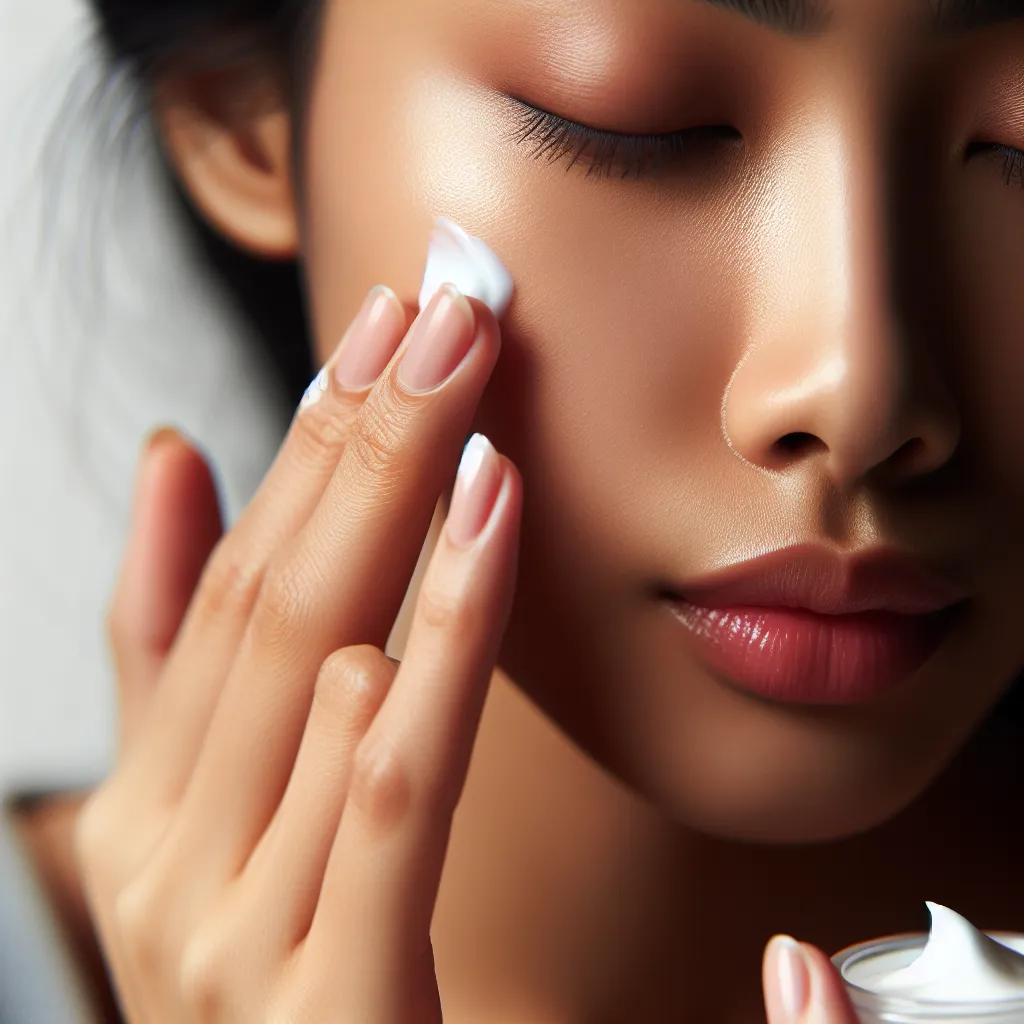Understanding Your Skin Type: A Guide
Understanding your skin type is the first and most crucial step in establishing an effective skincare routine. There are generally four main skin types: normal, oily, dry, and combination. Identifying your specific skin type will enable you to choose the most suitable products and treatments for your skin’s individual needs.
Normal skin is well-balanced, not too oily or too dry, with small pores and few imperfections. Oily skin tends to produce excess sebum, often leading to enlarged pores, shiny complexion, and a predisposition to acne. On the other hand, dry skin typically feels tight, may have flakiness, and is prone to fine lines and wrinkles. Combination skin features aspects of both oily and dry skin, usually with an oily T-zone (forehead, nose, and chin) and drier cheeks.
To accurately determine your skin type, observe how your skin feels throughout the day, noting any changes under various conditions. Consulting with a dermatologist can also provide valuable insights into your skin’s unique characteristics.
Once you have identified your skin type, you can tailor your skincare routine to address its specific requirements. Using products formulated for your skin type will maximize their effectiveness and promote a healthier complexion overall.
Choosing the Right Cleanser for Your Skin
Choosing the right cleanser for your skin is a crucial step in establishing an effective skincare routine. With the wide variety of cleansers available in the market, it’s essential to select one that caters to your skin’s specific needs. Whether you have dry, oily, sensitive, or combination skin, there’s a cleanser designed to address your concerns.
For individuals with dry skin, a hydrating and gentle cleanser is ideal. Look for ingredients like hyaluronic acid, glycerin, or ceramides, which help to maintain the skin’s moisture barrier. Oily skin types benefit from foaming or gel-based cleansers that can effectively remove excess oil and impurities without stripping the skin. Those with sensitive skin should opt for fragrance-free, hypoallergenic cleansers to minimize potential irritation.
When dealing with acne-prone skin, a cleanser containing salicylic acid or benzoyl peroxide can be beneficial in preventing breakouts. Additionally, individuals with aging concerns may opt for a cream or milky cleanser that offers hydrating and anti-aging properties.
It’s important to consider the ingredients and formulation of the cleanser to ensure it aligns with your skin’s needs. Understanding your skin type and specific concerns will guide you in choosing the most suitable cleanser for a personalized skincare routine.
The Importance of Regular Exfoliation
Regular exfoliation is a crucial step in any effective skincare routine. It involves the removal of dead skin cells from the skin’s surface, promoting cell turnover and revealing a fresh, radiant complexion. This process not only improves the texture and tone of the skin but also allows other skincare products to penetrate more effectively.
Exfoliation can be achieved through physical or chemical means. Physical exfoliants, such as scrubs or brushes, manually slough off dead skin cells, while chemical exfoliants, like alpha hydroxy acids (AHAs) and beta hydroxy acids (BHAs), dissolve the bonds holding the dead skin cells together.
By incorporating regular exfoliation into your skincare routine, you can prevent clogged pores, reduce the appearance of fine lines and wrinkles, and combat dullness. However, it’s important to exfoliate gently and not overdo it, as excessive exfoliation can lead to irritation and sensitivity.
In conclusion, regular exfoliation is essential for maintaining healthy, vibrant skin. By removing the buildup of dead skin cells, you can achieve a smoother, more even complexion and maximize the effectiveness of your other skincare products.
Nourishing Your Skin: The Power of Serums
When it comes to nourishing your skin and maintaining a healthy skincare routine, serums play a crucial role in providing targeted treatment and delivering potent ingredients directly to the skin. Unlike moisturizers, serums have a lightweight and fast-absorbing formula that allows for deep penetration into the skin, addressing specific concerns such as hydration, brightening, anti-aging, or acne-fighting.
When choosing a serum, it’s essential to look for key ingredients such as hyaluronic acid for hydration, vitamin C for brightening and antioxidant protection, retinol for anti-aging benefits, and niacinamide for improving the skin’s texture and minimizing pores. These potent ingredients can make a significant impact on your skin’s overall health and appearance.
Incorporating a serum into your skincare routine is simple and highly effective. After cleansing and toning the skin, apply a few drops of the serum onto your fingertips and gently press it into the skin. Follow up with a moisturizer to lock in the benefits of the serum and complete the nourishing process.
By including a serum in your daily skincare regimen, you can maximize the nourishing effects on your skin and target specific concerns, leading to a radiant, healthy complexion. With consistent use, serums can make a noticeable difference in the overall look and feel of your skin, making them an essential step in any effective skincare routine.




